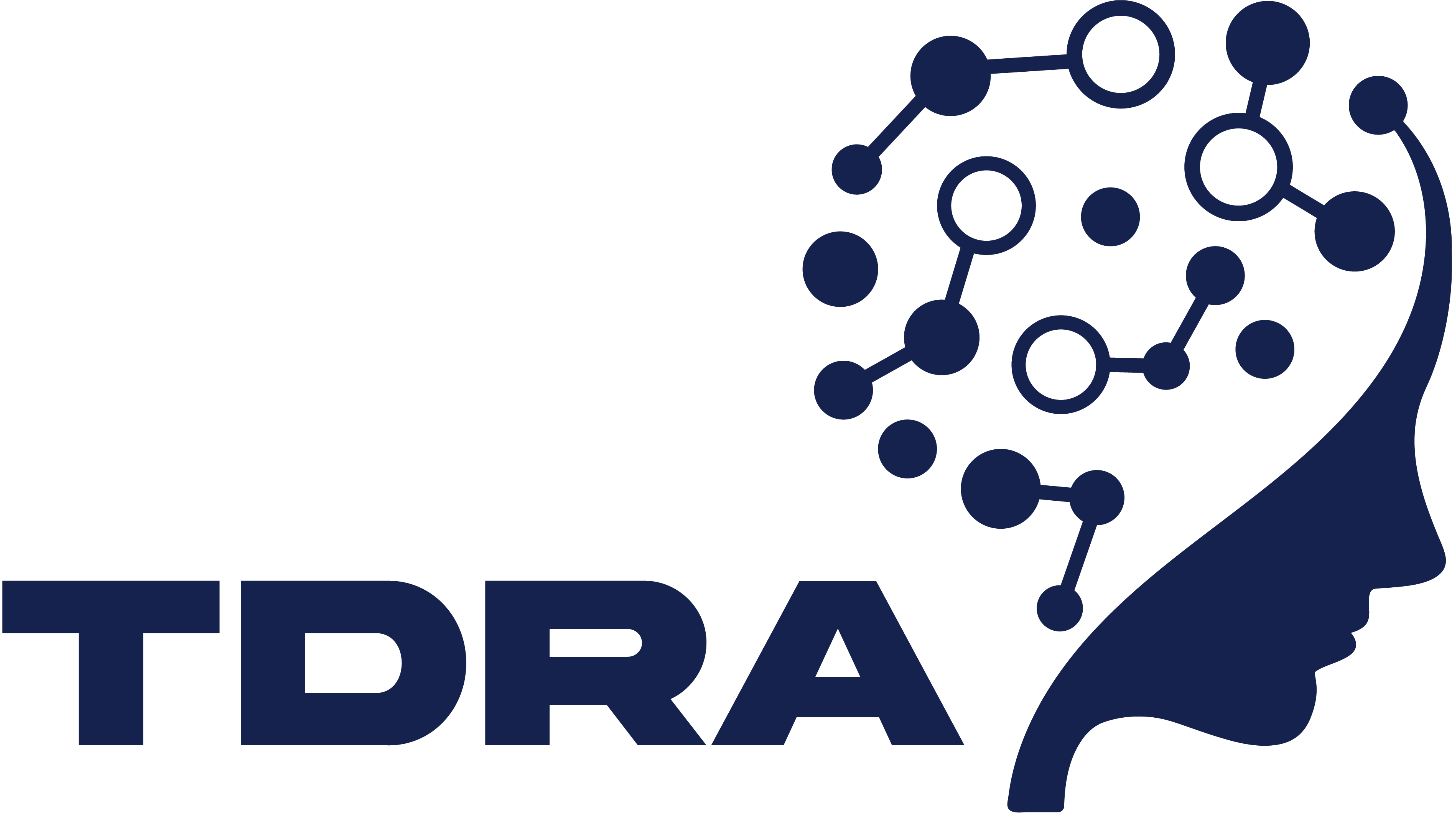Effect of Deep Transcranial Magnetic Stimulation (dTMS) on Cognition in Older Adults with Subjective Cognitive Decline (SCD)
What is the study about?
The purpose of this study is to examine the effect of cognitive training combined with a brain stimulation technique called Deep Transcranial Magnetic Stimulation (dTMS) on memory and mood in older adults with subjective cognitive decline (SCD), defined as memory concerns but normal performance on memory tests. To assess if this treatment is effective, study participants will complete a trial of dTMS treatment and a trial of “sham” or placebo treatment. The sham treatment will mimic the experience of using dTMS, but will involve minimal direct brain stimulation. Both dTMS and sham treatments will be combined with the same cognitive training component. The study will assess memory and mood outcomes and changes in brainwaves using electroencephalography (EEG). This study may help patients in the future by giving important information about non-drug treatments for memory problems.
Eligibility- Who can participate?
Participants must:
- Be 55-85 years of age
- Have subjective memory decline or concerns about memory changes
- Have a family history of Alzheimer’s disease
Time requirement
The study duration is approximately 19 weeks. This includes 2-3 visits for screening/baseline assessments followed by daily visits to Baycrest for dTMS or sham treatment x 4 weeks, followed by a 4-week break, then 4 weeks of sham or dTMS (depending on what was received first). Memory will be tested after each 4-week treatment and one month after the end of the final treatment.

Do you have questions about research studies you saw on this page?
Please contact tdra@utoronto.ca

Disclaimer
The listing of a study on the TDRA’s Research Studies Portal is for informational purposes only. The safety, efficacy or scientific validity of the studies listed here have not been evaluated by The Alzheimer Society of Toronto (AST) or the Toronto Dementia Research Alliance (TDRA). The TDRA is an academic coalition among the University of Toronto and Baycrest, the Centre for Addiction and Mental Health, Ontario Shores Centre for Mental Health Sciences, Sunnybrook Health Sciences Centre, and the University Health Network. The information collected will be kept and guarded by TDRA. Choosing to participate in a study is an important personal decision. Before you participate in a study, you should make sure you understand the risks and potential benefits and discuss all options with your health care provider(s).


